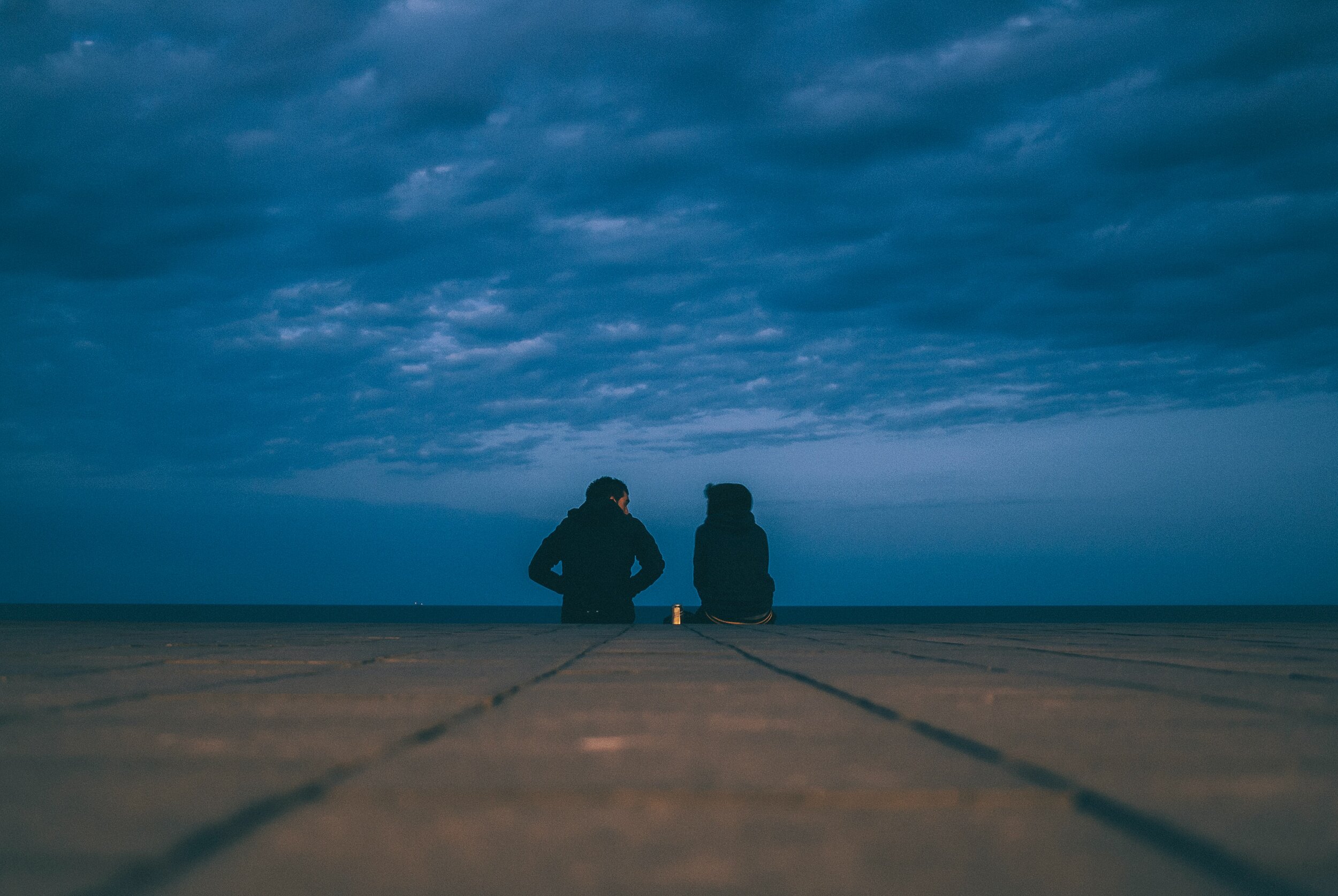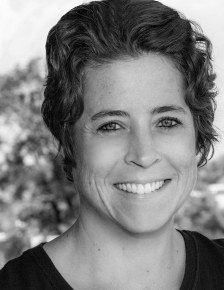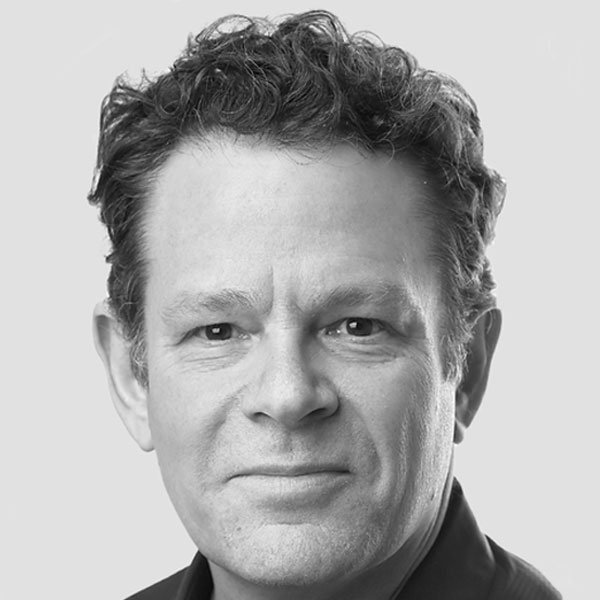
DIFFICULT CONVERSATIONS
the podcast
Join me in exploring how we can have conversations
that heal divides and change hearts and minds.
Available on your favorite podcast app, including Apple Podcasts, Spotify, Google Podcasts, and Stitcher.
Maria Stephan.
Listen to the episode.
Waging Conflict Without Violence: A Conversation with Political Scientist Maria Stephan
Can nonviolent civil resistance be successful even against the most militarily sophisticated and brutal regimes? My podcast guest this month, political scientist Maria Stephan, says unequivocally “yes." Co-author with Erica Chenoweth of the award-winning book, Why Civil Resistance Works: The Strategic Logic of Nonviolent Conflict, Maria explains what non-violent conflict means, why it’s effective, the forces working against non-violent action today, and how those forces can be overcome. She also shares her current work as co-lead at The Horizons Project, which focuses on the threat of authoritarianism in the United States.
Kay Lindahl.
Listen to the episode.
Looking for the light in each other:
A Conversation with Listening Expert, Kay Lindahl.
If there's one thing we could all be doing to make the world a better place, it would be to become better listeners. That's why I'm so interested in the work of listening guru Kay Lindahl — founder of The Listening Center , and author of several books on the power of listening, including The Sacred Art of Listening.
David Bornstein.
Listen to the episode.
from ‘problems’ journalism to ‘solutions’ journalism —
a conversation with david bornstein.
Journalists are storytellers, and the way they tell their stories shapes how you and I see the world. But journalists usually tell us only half the story – leaving us with a very distorted view of reality. David Bornstein, co-founder and CEO of the Solutions Journalism Network, shares a new approach to journalism that fills in the picture.
Kern Beare.
Listen to the episode.
reflections on the nature of evil,
with podcast host kern beare.
Thinking about the Russian invasion of Ukraine reminded me of a very personal experience I had years ago — one that taught me something about the nature of evil.
Mónica Guzmán.
Listen to the episode.
"i never thought of it that way."
A conversation with author Mónica Guzmán.
Mónica Guzmán is the author of a wise, entertaining, inspiring and fantastically helpful new book called “I never thought of it that way: How to Have Fearlessly Curious Conversations in Dangerously Divided Times.” It's the first book I've read on the subject that actually made me look forward to my next difficult conversation.
Amanda Ripley.
Listen to the episode.
breaking the patterns of high conflict:
a conversation with author/journalist amanda ripley.
Amanda Ripley is an investigative journalist and a New York Times bestselling author. Her most recent book, and the subject of our conversation, is High Conflict: Why We Get Trapped and How We Get Out. As a journalist, Amanda knows how to tell a story, making her book as engaging as it is informative. And it's very informative. So too is this interview, where we take a deep dive into some of her book's main ideas.
Brett Hill.
Listen to the episode.
“Landing in the truth of who you are.”
a conversation with mindfulness coach brett hill.
It seems every day there’s a new discovery about the benefits of mindfulness — a simple form of meditation that’s been proven to strengthen everything from our relationships to our hearts to our immune systems. But what exactly are we doing when we become mindful? What’s changing in us that leads to its many benefits? The larger context for Brett Hill — a mindfulness coach who’s been studying, practicing, and teaching mindfulness and other forms of meditation for decades — is that a mindfulness practice is a journey for “becoming whole.”
Joe Smarro.
Listen to the episode.
Three lessons on how to de-escalate conflicts:
A conversation with intervention expert joe smarro.
For 15 years Joe Smarro was an officer with the San Antonio, Texas police department. The last 11 years were with the mental health and crisis intervention unit. His job: de-escalate dangerous confrontations with those suffering from mental health traumas. It’s the kind of confrontation officers face frequently, and that accounts for one in five people killed by the police. Yet in 11 years, Joe never once had to resort to force. His only weapon, he says, was his ability to communicate.
Janessa Gans Wilder. Listen to the episode.
“a more powerful force”:
a conversation with ex-cia analyst janessa gans wilder.
Janessa Gans Wilder spent 21 months in Iraq during the war's most intensive fighting as a CIA Intelligence Analyst. Eight months in, "the futility, the violence and the confusion of war" left her feeling drained "emotionally, physically, spiritually." Then came the experience that changed her life direction forever: one that opened her up to a different possibility, a different way of seeing and being.
Stephen Nachmanovitch.
Listen to the episode.
“there are no things, only relationships”:
a conversation with author/musician stephen nachmanovitch.
What can improvisation teach us about the art of life and, more specifically, the art of difficult conversations? Plenty, it turns out. Join me in this provocative and thoughtful interview with Stephen Nachmanovitch — world-class improvisational musician and author of the iconic book Free Play: Improvisation in Life and Art, and more recently, The Art of Is: Improvising as a Way of Life.
Douglas Stone.
Listen to the episode.
“just do these three things”:
a conversation with author/mediator douglas stone.
Did you know that every difficult conversation is actually three conversations, and two of them we ignore at our peril? Did you know that one of the longest standing national border disputes finally got resolved after two of the adversaries discovered they had one special thing in common? And did you know that by asking three simple questions, you can put your difficult conversation on the road to resolution? Well, get ready to learn about all that and more…
Jon Karpilow.
Listen to the episode.
“A liberal walked into a gun shop....”:
a conversation with jon karpilow
Talking to people we seriously disagree with can sound like a recipe for a bad headache and high blood pressure. But does it have to be? Might it instead be a recipe for understanding, connection, and even friendship? To find out, my liberal cousin Jon Karpilow spent seven months working in a gun shop in rural northern California. In this podcast he shares why he did it, what he learned, and if he'd ever, ever, do something like that again. (Spoiler alert: Yes, he would.)












